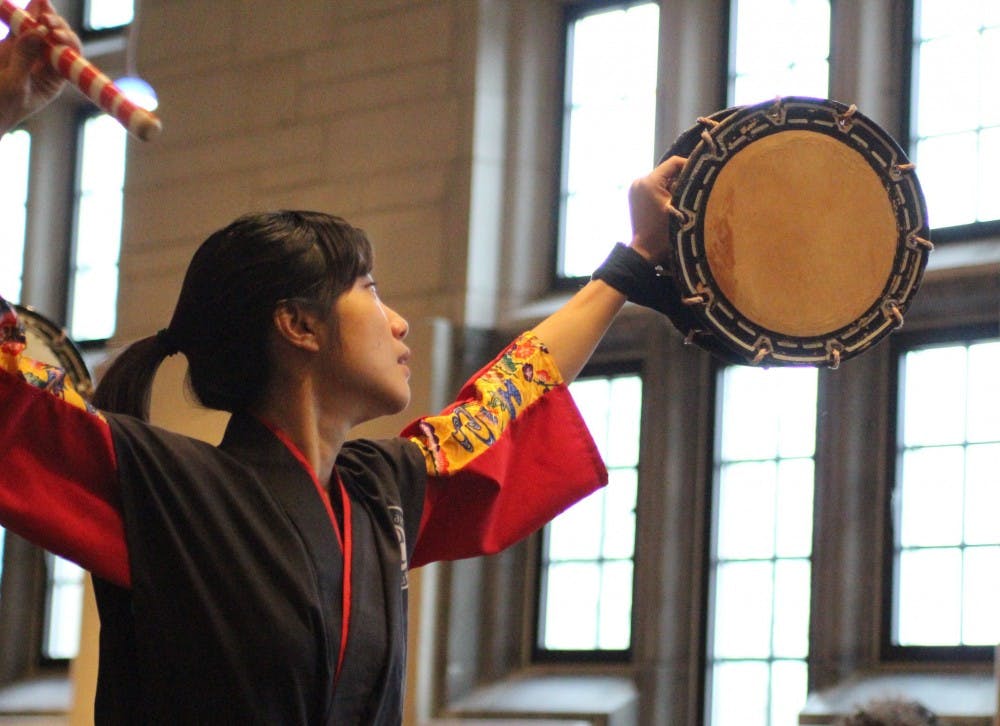Last week, three Chinese-American societies published a letter expressing concern over attitudes that portray Chinese scientists as threats to national interests. Titled “Racial profiling harms science,” the letter cites cases in which Chinese-American scientists were wrongfully accused of spying as evidence of racial profiling.
These anxieties may be real, but they are lacking in nuance, particularly in the context of scientific research.
The letter suggests that recent policies from the National Institutes of Health, if implemented with bias, could hinder international collaboration. The subtext is that this would disproportionately harm Chinese scientists. However, the NIH report cited is actually essential to preventing conflicts of interest and intellectual property theft.
The NIH has recently encountered challenging situations, such as when scientists fail to disclose foreign support to their U.S. employers, or when foreign governments claim to own intellectual property when the U.S. government funding was used for discoveries. The report is a much-needed clarification to mitigate potential conflicts of interest.
Although the report concerns foreign influences more broadly, it highlights China’s Thousand Talents Program, which recruits and sponsors skilled scientists. A number of violations were uncovered that implicated members of the Thousand Talents Program.
Some Chinese scientists have been wrongfully accused of violations, which is what led Chinese-American societies to suspect possible bias. But these incidents are the exception, not the norm.
Professor Cheng Kao, from the Department of Molecular and Cellular Biochemistry at IU, commented on these high-profile cases where Chinese scientists have been wrongfully prosecuted for alleged misconduct and urged for no prejudice against "one group of people."
“It may be useful for Chinese scientists to express their opinion on their own behalf,” Kao said. “But I don’t see it as an institutional policy, not in terms of any directed cases. I think that the letter is written to ensure that this does not happen again.”
Kao also emphasized that the NIH report addressing conflict of interests is “not specific to any sort of relationship between American and Chinese scientists. The guidelines that they have put in make clear what the responsibilities are to try and decrease the potential conflicts of interests. I think that should be productive and should be done.”
The NIH’s response to the Chinese scientists’ letter reiterated that the “working group recommendations apply to all foreign scientists, not just those of Chinese descent.”
I worry that Chinese scientists’ criticism of racial profiling overlooks the importance of addressing foreign influence and conflicts of interest in scientific investigation.
Moreover, the letter fails to acknowledge other forms of bias and discrimination in the scientific field outside of Chinese populations. If the authors claim racial profiling of Chinese-Americans, then why not also address gender, socioeconomic and racial inequities in STEM careers?
These inequities in scientific research are well-documented, impact a broad swath of people and deserve attention. Responses should not target only Chinese-Americans, but broad forms of inequity in science.
I am not saying that discrimination against Chinese-Americans does not exist. Stories like the ongoing Harvard affirmative action lawsuit demonstrate that this is still a very salient issue. Chinese-American scientists wrongly accused of spying, such as Professor Xiaoxing Xi, a physicist at Temple University, and Sherry Chen, a hydrologist in Ohio, also indicate potential discrimination.
I wonder if this letter is also motivated, in part, by a sense of dissatisfaction among Chinese-Americans who feel they must work twice as hard to gain recognition in their careers. Asian Americans are over-represented in STEM, and “model minority” stereotypes — which often portray Asian-Americans as book-smart, but socially uncommunicative — may work against talented scientists and fuel bias.
Prejudice has no place in science, but discrimination against Chinese and Chinese-American scientists should not be examined in isolation. We must place these issues in larger contexts of conflicts of interest, existing inequities and scientific integrity. Ultimately, greater transparency leads to better science.






